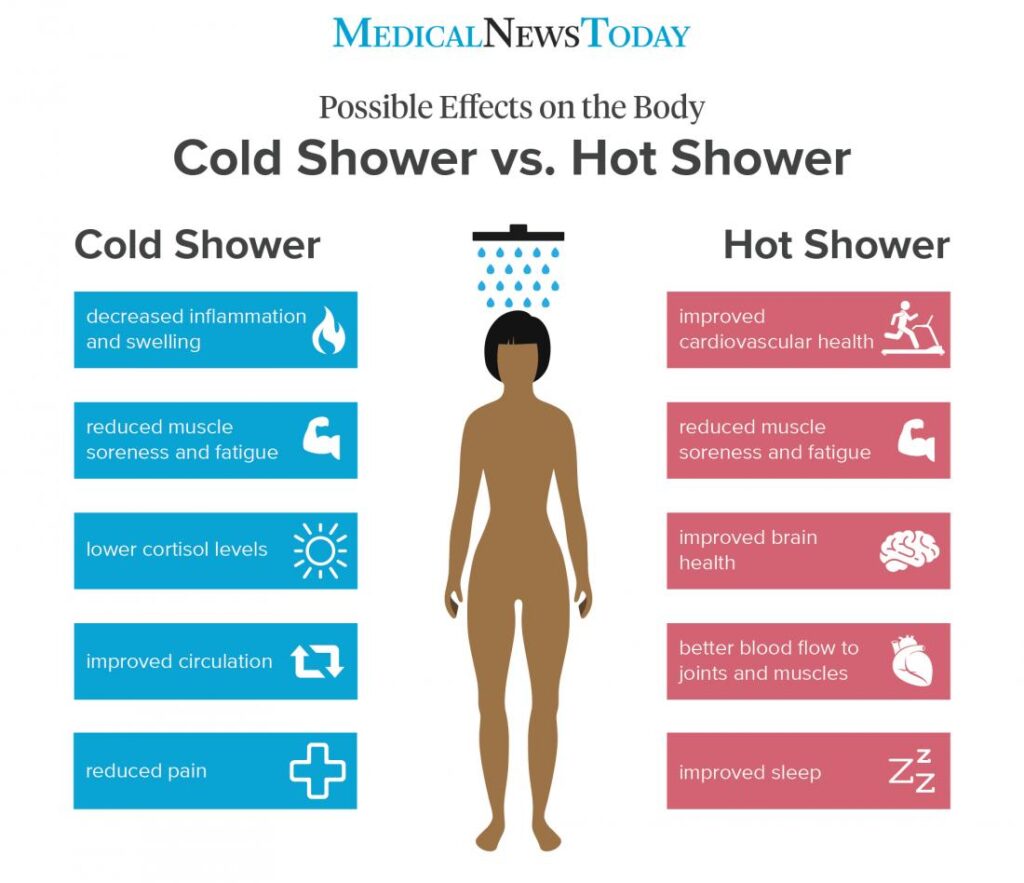Have you ever found yourself thirsty after a long, hot shower and wondered if it’s okay to just drink the water running from your faucet? While the thought might seem appealing, especially in a pinch, drinking shower water is not recommended. Shower water, despite appearing clean, can harbor various contaminants that are not filtered for consumption. This article will delve into the potential dangers of ingesting water from the shower, outlining the risks and emphasizing the importance of sticking to safe drinking water sources.
This article will explore the types of contaminants found in shower water, the health risks associated with consuming them, and the best practices for ensuring you have access to clean, safe drinking water. We’ll also discuss the benefits of using filtered water and provide guidance on choosing the right filtration system for your needs.
Shower Water Contaminants
Shower water is not treated in the same way as drinking water. While it undergoes some purification processes before reaching your showerhead, it may still contain a variety of contaminants that can pose health risks. Some common culprits include:
- Bacteria: Bacteria can thrive in warm, moist environments like shower pipes and faucets. These microorganisms can cause infections if ingested.
Chlorine: Chlorine is often added to municipal water supplies to kill bacteria and other harmful organisms. While effective for disinfection, chlorine can leave behind byproducts that may be irritating or even carcinogenic when inhaled or ingested.
Minerals: Hard water contains high levels of dissolved minerals like calcium and magnesium. These minerals can build up in pipes and showerheads, leading to mineral deposits and reduced water flow. Ingesting large amounts of certain minerals can also have adverse health effects.
- Heavy Metals: Lead and other heavy metals can leach into shower water from aging plumbing systems or contaminated water sources. Exposure to these toxins can lead to serious health problems, especially in children.
Other Potential Contaminants
In addition to the above, shower water may also contain:
- Pesticides and herbicides
- Industrial chemicals
- Pharmaceuticals
Health Risks of Drinking Shower Water
Consuming water from the shower can expose you to a range of health risks depending on the contaminants present. Some potential consequences include:
- Gastrointestinal illnesses: Bacteria in shower water can cause nausea, vomiting, diarrhea, and stomach cramps.
- Skin irritation: Chlorine and other chemicals in shower water can irritate sensitive skin.
- Respiratory problems: Inhaling chlorine fumes from shower water can trigger coughing, wheezing, and shortness of breath.
- Long-term health effects: Exposure to heavy metals and other toxins through shower water can increase the risk of chronic diseases such as cancer, heart disease, and neurological disorders.
It’s important to note that the severity of these risks depends on factors like the concentration of contaminants, frequency of exposure, and individual susceptibility.
Safe Drinking Water Sources
To protect your health, it’s crucial to rely on safe drinking water sources. These include:
- Municipal water supplies: Most cities and towns provide treated drinking water that meets safety standards.
- Bottled water: Choose reputable brands that are certified by independent organizations.
- Home filtration systems: Installing a reliable water filter can remove contaminants from your tap water, making it safe for consumption.
Importance of Filtered Water
Filtering your water is an essential step in ensuring its safety and purity. Water filters use various technologies to remove contaminants, including:
- Activated carbon filters: These filters trap chlorine, pesticides, herbicides, and other organic compounds.
- Reverse osmosis systems: These systems use a semi-permeable membrane to remove a wide range of contaminants, including heavy metals, bacteria, and viruses.
- Ultraviolet (UV) light purifiers: UV light kills bacteria and viruses in water by disrupting their DNA.
Choosing the right filtration system depends on your specific needs and the types of contaminants present in your water supply.
Conclusion
While it might seem tempting to drink shower water out of convenience, it’s crucial to prioritize your health and safety. Shower water, unlike treated drinking water, can contain harmful contaminants that pose significant risks to your well-being. By understanding the potential dangers and choosing safe drinking water sources, you can protect yourself and your family from these risks. Remember, investing in a reliable water filtration system is a wise decision for ensuring access to clean, pure water for all your needs.



